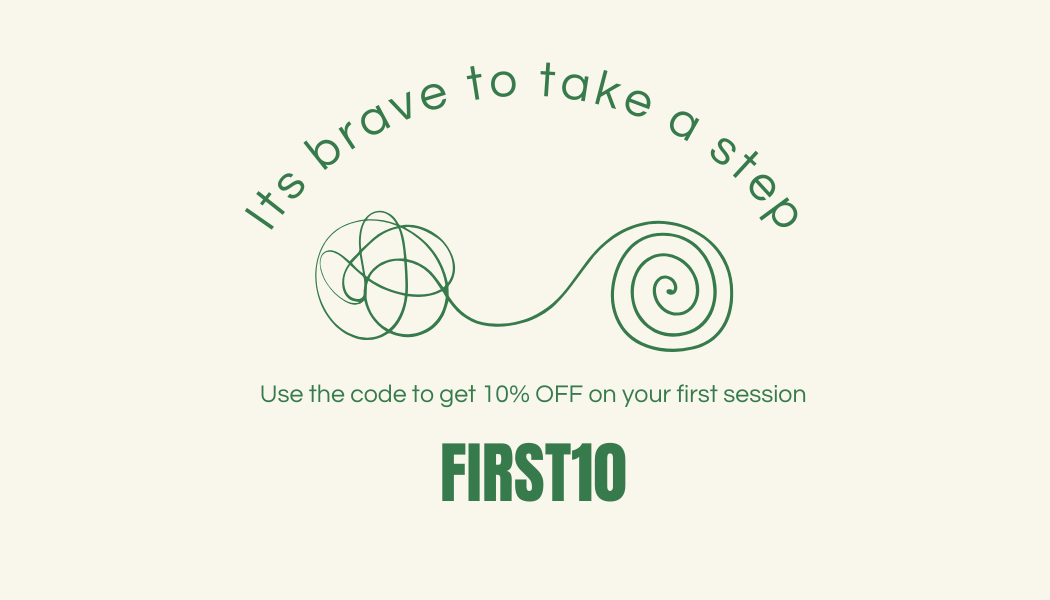Jealousy is one of the most common yet destructive emotions that can affect both romantic relationships and friendships. While a small amount of jealousy may stem from love or care, unchecked jealousy often leads to insecurity, resentment, and emotional distance.
By learning how to identify jealousy, manage it effectively, and build trust, we can create healthier, stronger bonds in both our romantic and social connections.

Why We Feel Jealous in Relationships and Friendships
Jealousy is often triggered by fear of losing someone’s love, attention, or importance. It arises when we compare ourselves to others or feel threatened by someone else’s closeness to the person we value.
In romantic relationships, jealousy often appears around issues of loyalty, attention, and trust, while in friendships, it may emerge when one friend feels left out, overshadowed, or replaced.
The first step in overcoming jealousy is acknowledging the emotion without judgment. Recognising jealousy as a natural human response allows us to address it instead of letting it quietly damage the relationship.
Tip: At Ayuda Mind Care, our trained psychologists help individuals and couples across India to understand the root causes of jealousy and build healthier communication patterns.
Signs That Jealousy Is Affecting Your Relationship or Friendship
- Constantly checking your partner’s or friend’s social media.
- Feeling insecure when they spend time with others.
- Making comparisons with people you perceive as “threats.”
- Becoming controlling or overly protective.
- Picking fights over small interactions or conversations.
- Experiencing resentment when you are not the centre of attention.
Identifying these patterns helps us catch jealousy early before it escalates into controlling behaviour, emotional withdrawal, or unnecessary conflicts.
Causes of Jealousy in Relationships and Friendships
Understanding where jealousy comes from is essential for managing it. Common causes include:
- Insecurity and Low Self-Esteem – Believing that we are not “good enough” for our partner or friend often fuels jealousy.
- Past Experiences of Betrayal – Previous relationships or friendships marked by dishonesty or abandonment can create lingering trust issues.
- Fear of Rejection or Abandonment – A deep-rooted fear that we will lose someone’s affection often makes us overprotective.
- Comparison with Others – Social media amplifies jealousy by making us constantly compare ourselves to others.
- Possessiveness – Viewing relationships as ownership instead of mutual connection can create toxic jealousy.
Recommended Articles for You:
- What is the secret of happy life?
- How to deal with competition in Friendships?
- Unveiling Love: Psychology’s Guide to a Fulfilling Romantic Relationship
How to Stop Jealousy in a Relationship
1. Build Self-Confidence
The foundation of overcoming jealousy lies in strengthening self-worth. Engaging in personal growth, pursuing hobbies, and practising self-care reduces reliance on external validation. When we value ourselves, we naturally feel less threatened by others.
2. Practice Honest Communication
Jealousy thrives in silence. Instead of accusing or blaming, express feelings calmly:
- Use “I” statements, such as “I feel insecure when…”
- Share fears without expecting your partner to “fix” them immediately.
- Encourage open dialogue about boundaries and expectations.
3. Reframe Negative Thoughts
Jealousy often comes from assumptions rather than facts. Learn to challenge irrational thoughts by asking:
- Do I have evidence for this fear?
- Am I projecting past experiences onto the present?
- Is my reaction based on reality or insecurity?
4. Develop Trust and Boundaries
Healthy relationships are built on mutual trust. Setting clear boundaries about what feels respectful and acceptable reduces misunderstandings. Trust grows when both partners honour those boundaries consistently.
5. Avoid Comparisons
Constant comparisons about appearance, success, or attention fuel jealousy. Remember that every relationship is unique, and comparing it to others only creates unnecessary insecurity.
“In our practice at Ayuda Mind Care, many couples struggling with jealousy have benefited from structured communication exercises, which rebuild trust and reduce emotional conflict.”

How to Overcome Jealousy in Friendships
1. Recognise Your Own Insecurities
Friendship jealousy often reflects our own fears of being less valued or replaced. Acknowledging these insecurities allows us to work on self-growth instead of projecting them onto a friend.
2. Appreciate the Value of Your Friendship
Instead of focusing on what others share with your friend, remind yourself of what makes your friendship special. Cherish shared memories, inside jokes, and mutual support that cannot be replaced.
3. Encourage Their Other Connections
Healthy friendships allow space for other relationships. Support your friend in forming bonds with others while maintaining your own social circle. This reduces dependency and fosters security.
4. Strengthen Your Social Network
Relying too heavily on one friend can increase jealousy when they spend time with others. Expanding your support system ensures balance and reduces feelings of exclusion.
5. Have Honest Conversations
If jealousy is straining the friendship, gently express your feelings. Most friends appreciate openness and reassurance. Avoid accusations; instead, explain how certain situations make you feel and suggest ways to maintain balance.
Practical Tips to Manage Jealousy Immediately
- Practice Gratitude: Focus on what you already share instead of what you fear losing.
- Avoid Snooping: Checking phones or social media only worsens mistrust.
- Engage in Self-Reflection: Journal about your triggers and patterns of jealousy.
- Seek Professional Help: Counseling or therapy can help uncover deep-rooted insecurities.
- Mindfulness Practices: Meditation and breathing techniques reduce emotional reactivity.
Note: If jealousy is affecting your relationships or friendships, professional support can make a real difference. Ayuda Mind Care offers online counseling and in-person sessions in Pune, Kolhapur, and Sangli to help individuals and couples navigate emotional challenges and build healthier connections.
When Jealousy Becomes Toxic
A certain level of jealousy is natural, but when it turns into possessiveness, control, or constant suspicion, it becomes toxic. Signs include:
- Monitoring your partner or friend excessively.
- Isolating them from others.
- Frequent accusations without proof.
- Manipulative or guilt-driven behaviour.
Toxic jealousy not only damages the relationship but also harms emotional well-being. Seeking professional guidance is crucial when jealousy reaches this stage.

Role of Trust in Overcoming Jealousy
Trust is the antidote to jealousy. It develops when we:
- Keep our promises.
- Respect boundaries.
- Communicate transparently.
- Support independence within the relationship.
Whether in romantic partnerships or friendships, trust is what transforms jealousy into security and connection.
Overcoming Jealousy to Strengthen Love and Friendship
Jealousy may be a natural emotion, but when left unmanaged, it can silently destroy relationships and friendships. By focusing on self-growth, open communication, and building trust, we can stop jealousy from dictating our behaviour. Every bond, whether romantic or platonic, thrives when we replace comparison and fear with confidence and understanding.
When we learn to value ourselves and our unique relationships, jealousy loses its power, allowing love and friendship to flourish.







